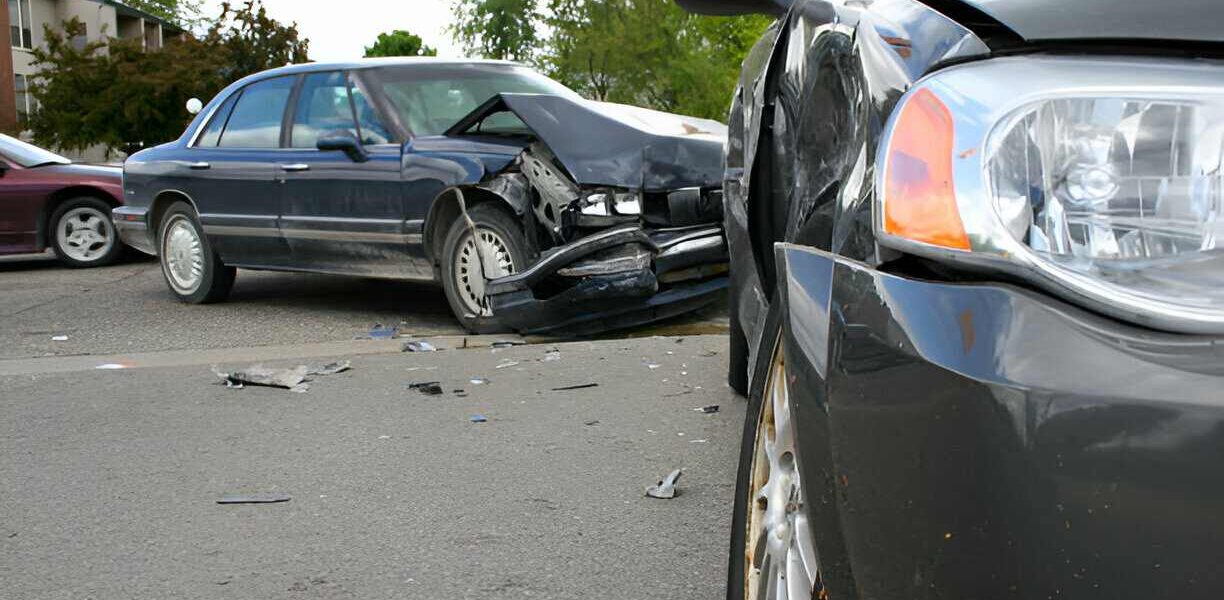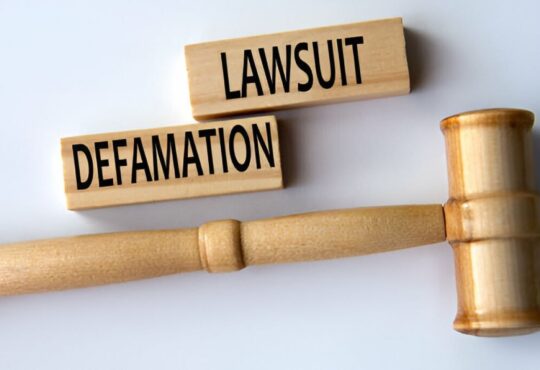
What to Do If You’re Injured in a Car Accident: Legal Steps to Take
A car accident can be a life-changing event, especially if you sustain injuries. The physical, emotional, and financial burdens can be overwhelming, making it crucial to take the right legal steps. Many accident victims are unsure of what to do immediately after the incident.
Knowing how to handle the situation can help you protect your legal rights and secure the compensation you deserve. From seeking medical attention to dealing with insurance claims, here are the essential legal steps to take if you’re injured in a car accident.
Contents
Seek Medical Attention Immediately
Your health should be your top priority after an accident. Even if you feel fine, some injuries may not show symptoms right away, so seeking medical evaluation is critical. Delaying medical treatment could worsen your condition and impact your injury claim.
A medical report also serves as crucial evidence if you decide to pursue legal action. Insurance companies and courts will consider medical records when determining compensation. Getting treatment as soon as possible strengthens your case and ensures your well-being.
Report the Accident to Authorities
Calling the police is a necessary step after a car accident, especially if there are injuries involved. A police report provides an official record of the incident, which can be valuable in legal proceedings. The report typically includes details of the accident, witness statements, and officer observations.
When speaking to law enforcement, provide accurate and honest information but avoid admitting fault. Stick to the facts and let the investigation determine liability. Having an official report can help protect your rights in case of legal disputes.
Gather Evidence at the Scene
If you are physically able, collecting evidence at the accident scene is essential. Take photos of your injuries, vehicle damage, road conditions, and any other relevant details. Visual evidence can support your claim and provide clarity on what happened.
Additionally, gather contact information from witnesses and other drivers involved. Witness statements can strengthen your case by providing unbiased accounts of the accident. The more evidence you collect, the easier it will be to prove liability.
Notify Your Insurance Company
Contact your insurance provider as soon as possible to report the accident. Provide them with all necessary details, including the police report, medical records, and any evidence you collected. Failing to notify your insurer promptly could impact your ability to file a claim.
Be cautious when discussing the accident with insurance adjusters. Stick to the facts and avoid making statements that could be interpreted as admitting fault. Insurance companies may try to minimize payouts, so consider consulting a lawyer before agreeing to any settlement.
Consult a Personal Injury Attorney
If you’ve been injured, speaking with a personal injury attorney can help you understand your legal options. An experienced lawyer can assess your case, negotiate with insurance companies, and represent you in court if necessary. Legal representation can significantly impact the outcome of your claim.
Many attorneys offer free consultations, allowing you to discuss your case without financial commitment. A lawyer can help determine the compensation you may be entitled to, including medical expenses, lost wages, and pain and suffering. Having legal support ensures that your rights are protected throughout the claims process.
Keep Track of Medical Bills and Expenses
Maintaining detailed records of all medical treatments, bills, and related expenses is crucial. These documents help establish the financial impact of your injuries and can be used to support your claim. Compensation is often based on medical costs, lost income, and other damages.
Additionally, keep a journal documenting your recovery process and any ongoing pain or limitations caused by the accident. Personal accounts of how the injury has affected your daily life can be valuable in securing fair compensation. Organized records strengthen your case and ensure you receive the support you need.
Conclusion
Being injured in a car accident is a stressful experience, but taking the right legal steps can help protect your rights. Seeking medical attention, reporting the accident, and gathering evidence are critical first actions. Contacting an attorney and tracking your expenses further strengthen your case.
By staying informed and proactive, you can navigate the legal process with confidence. Taking these steps ensures that you receive the compensation you deserve while focusing on your recovery. If you’re ever in doubt, seeking legal advice can make all the difference in your case.




